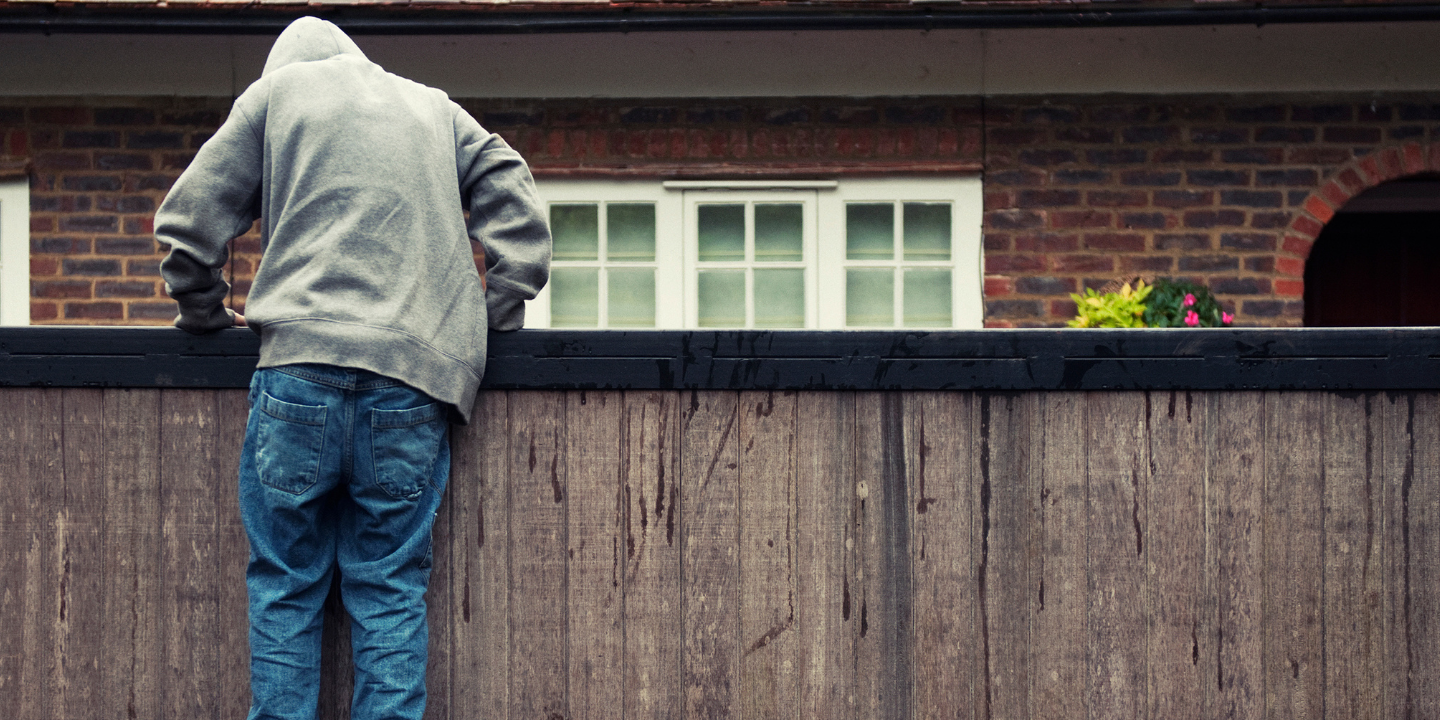
Navigating property rights and personal injury can be complex, particularly when incidents occur involving individuals who enter a property without authorization. In Tennessee, as in many states, premises liability laws establish a framework that typically protects lawful visitors when they are harmed, but the question of who, if anyone, is liable for injuries is complicated when a trespasser is involved.
Understanding where the law draws the line can be crucial for both property owners and those who find themselves injured while on someone else’s property without permission. Whether you’re securing your property or seeking justice for an injury, knowing the law is the first step towards resolution.
Premises liability is a legal concept that comes into play when someone sustains an injury on someone else’s property due to a potentially hazardous condition that the owner may have been aware of, or should have been aware of, and failed to address.
In Tennessee, the law stipulates that property owners have a duty to ensure their premises are reasonably safe for lawful visitors, which includes both “invitees,” such as customers in a store, and “licensees,” who are social guests. This duty involves regular inspections, maintenance, and the prompt repair of known dangers, or at least adequately warning visitors about them.
The concept extends different levels of protection based on the visitor’s status, with the highest duty of care owed to invitees. However, even trespassers—those who enter the property without permission—may have certain protections under specific circumstances.
Trespassing in Tennessee is defined as unauthorized entry onto someone else’s property. State law takes a clear stance on trespassing, typically viewing it as a civil or criminal offense depending on the circumstances surrounding the entry and the trespasser’s actions while on the property.
Property owners are generally not expected to maintain their property for the safety of trespassers. However, there are notable exceptions to this rule, especially when the presence of trespassers could be reasonably anticipated.
For example, if a property owner is aware of frequent trespassing and fails to address dangerous conditions that could lead to injury, the owner might still be held liable for any harm that comes to the trespasser. This is true in cases where the property owner has acted with willful or wanton misconduct that disregards the safety of any individual entering the premises, like if the property owner sets a trap to specifically injure trespassers.
Additionally, Tennessee law follows the doctrine of “attractive nuisance,” which provides that a property owner could be liable if a child trespasser is injured by a hazardous condition on the property that is likely to attract children. For example, an unsecured swimming pool or potentially dangerous animal.
In short, while trespassers have fewer protections under the law compared to invitees or licensees, there are circumstances where a property owner’s liability may extend to unauthorized visitors.
Property owners in Tennessee can take several legal and practical steps to protect themselves from liability in the event of trespassing and potential accidents on their premises. Here is a list of protective measures and tips to consider:
Following these tips can help property owners create a safer environment and establish a strong legal defense should an incident occur. By being proactive about property safety and legal compliance, owners can significantly reduce the risk of accidents and the subsequent liability.
For those seeking further guidance or who find themselves facing legal challenges related to premises liability, Ponce Law is here to lend a hand. Reaching out to a trusted, seasoned law firm can provide the clarity and support necessary to navigate these complex issues effectively. Contact us today for a free consultation on your case.